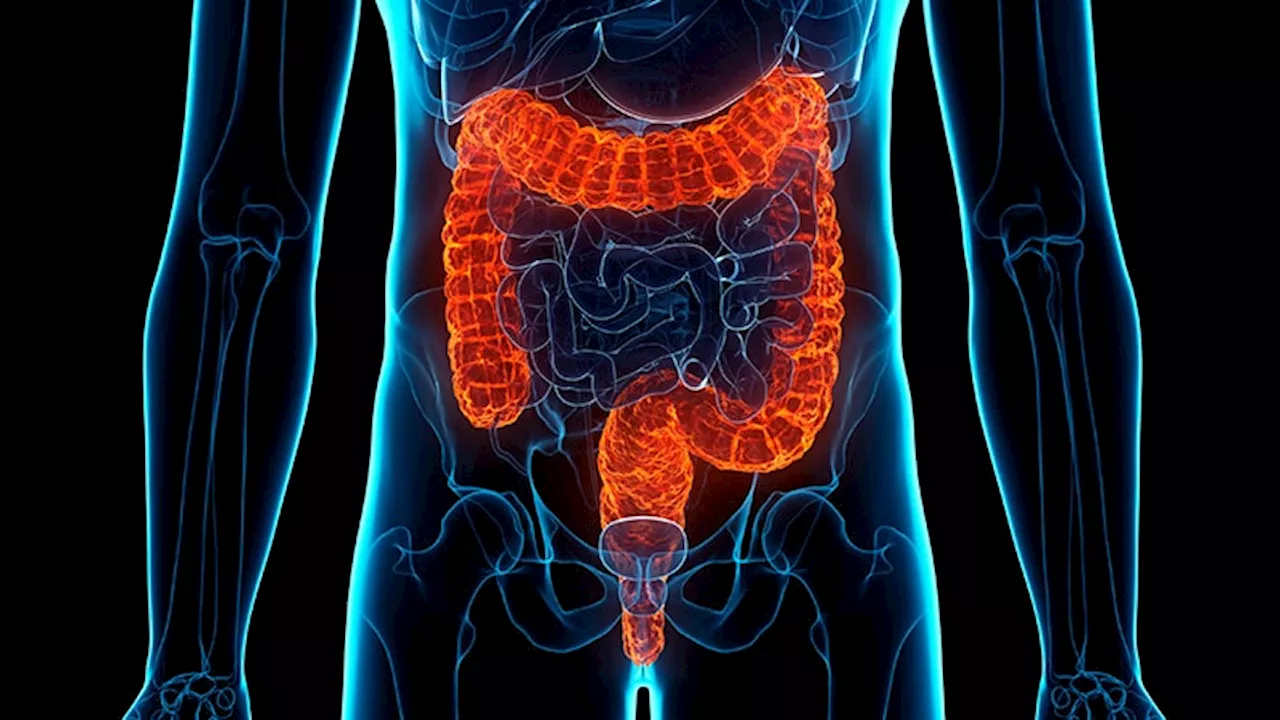Researchers in Vienna have developed gut-stable oxytocin analogs for targeted pain treatment, offering a promising alternative to opioids for conditions like irritable bowel syndrome (IBS) and inflammatory bowel diseases (IBD). These innovative oral peptide therapeutics aim to address the complex mechanisms of chronic abdominal pain by modulating pain and gut function through oxytocin receptors.
The new class of oral peptide therapeutic leads offers a safe, non-opioid-based solution for conditions such as irritable bowel syndrome and inflammatory bowel diseases ., with sensations ranging from aching and stabbing to burning, twisting, or cramping. In most cases, however, it resolves on its own after a couple of days without any specialized treatment.opioids, have shown limited benefits
“We sought to overcome these challenges by developing analogs of oxytocin that remain stable in the harsh gastrointestinal environment and target gut-specific receptors.” “Our approach focuses on targeting oxytocin receptors within the gut to suppress pain at its site of origin in the colon,” explains Muttenthaler.
“Its activation can modulate pain signaling pathways by inhibiting the release of pain-inducing neurotransmitters and reducing the excitability of nociceptive neurons.”This minimizes the risk of systemic off-target effects, providing a safer therapeutic option for long-term use. Additionally, the approach is particularly innovative, as most peptide drugs – such as insulin and GLP1 analogs – require injection due to their rapid degradation in the gut.
“Gut-specific treatments avoid the systemic exposure that often leads to side effects, tolerance, or dependency,” says Muttenthaler. “It is a new approach that moves away from relying on opioids or other treatments with side effects, addressing a major unmet medical need,” states Muttenthaler.
Pain Relief IBS IBD Opioid Alternatives Oxytocin Analogs
United States Latest News, United States Headlines
Similar News:You can also read news stories similar to this one that we have collected from other news sources.
 Inflammation Predicts Increased Fracture Risk in IBDControlling intestinal inflammation for 12-month periods reduced fracture risk in patients with inflammatory bowel disease, according to a nationwide Swedish study.
Inflammation Predicts Increased Fracture Risk in IBDControlling intestinal inflammation for 12-month periods reduced fracture risk in patients with inflammatory bowel disease, according to a nationwide Swedish study.
Read more »
 GLP-1s Boost IBD Outcomes in Patients With T2D and ObesityThe use of GLP-1s is linked to improved inflammatory bowel disease outcomes in patients with concomitant inflammatory bowel disease and type 2 diabetes, specifically in those with obesity.
GLP-1s Boost IBD Outcomes in Patients With T2D and ObesityThe use of GLP-1s is linked to improved inflammatory bowel disease outcomes in patients with concomitant inflammatory bowel disease and type 2 diabetes, specifically in those with obesity.
Read more »
 Higher Risk for Herpes Zoster Complications in Patients With IBDPatients with IBD were more likely to have complications of herpes zoster than those without IBD, highlighting the importance of vaccination in this population.
Higher Risk for Herpes Zoster Complications in Patients With IBDPatients with IBD were more likely to have complications of herpes zoster than those without IBD, highlighting the importance of vaccination in this population.
Read more »
 Teva and Sanofi's Duvakitug Shows Promise in Phase 2 IBD StudyTeva Pharmaceutical and Sanofi announced positive results from a Phase 2 study of duvakitug, a monoclonal antibody, for treating ulcerative colitis (UC) and Crohn's disease (CD). The study met its primary endpoints, with duvakitug demonstrating significant clinical remission and endoscopic response rates compared to placebo. The companies plan to progress to Phase 3 trials pending regulatory approvals.
Teva and Sanofi's Duvakitug Shows Promise in Phase 2 IBD StudyTeva Pharmaceutical and Sanofi announced positive results from a Phase 2 study of duvakitug, a monoclonal antibody, for treating ulcerative colitis (UC) and Crohn's disease (CD). The study met its primary endpoints, with duvakitug demonstrating significant clinical remission and endoscopic response rates compared to placebo. The companies plan to progress to Phase 3 trials pending regulatory approvals.
Read more »
 Does Cannabis Help Relieve IBS Pain?'I just want a little stomach relief without getting super stoned. Are there strains or products that do that?'
Does Cannabis Help Relieve IBS Pain?'I just want a little stomach relief without getting super stoned. Are there strains or products that do that?'
Read more »
 Transdermal Beats Oral Estrogen for CVD Safety of Hormone TherapyA new study provides valuable data to share with women considering hormone therapy to manage vasomotor symptoms of menopause.
Transdermal Beats Oral Estrogen for CVD Safety of Hormone TherapyA new study provides valuable data to share with women considering hormone therapy to manage vasomotor symptoms of menopause.
Read more »
